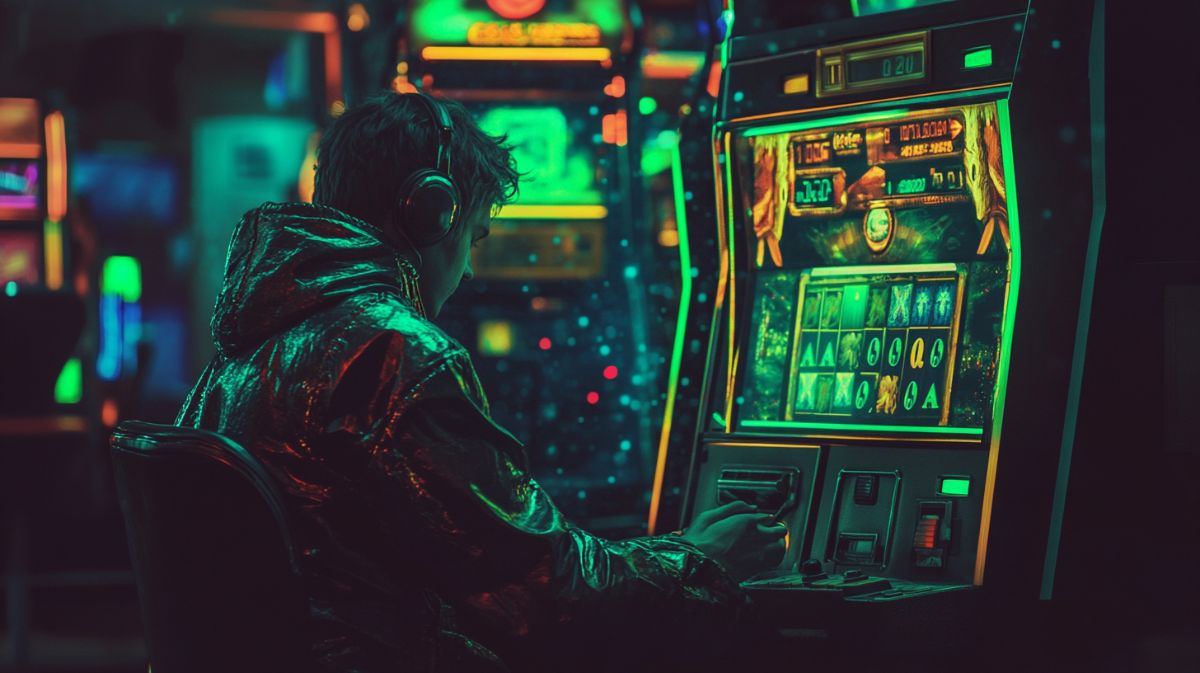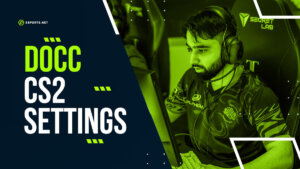When Does Overwatch 2 Season 13 End?
Overwatch 2 is close to the end of its thirteenth season. This season has been particularly interesting, with a nolstgia mode launched. Across the recent updates, we’ve seen the meta change so much that it plays completely differently. Some players love the new changes, but some are waiting for a new Hero and may have been wondering when is the Overwatch season end dates?
Upcoming seasons will be adding new Overwatch Heroes, and hopefully moving away from this Widowmaker meta we’ve been playing. While the updates are getting bigger, the seasons are starting and ending at the same rate. The Overwatch season end dates have each been pretty predictable so far, but there have been a lot of changes this season. With the Activision buyout now completed and the new Overwatch esports in full swing, could it have a knock-on effect at the end of the season?
It’s always helpful to know the Overwatch 2 season end date, especially if you’re getting through the Battle Pass. If you’ve paid for the cosmetics then you’ll need to know when the Overwatch 2 Season 14 end date is. It’s your deadline. You’ll need to finish all of the tiers off if you want to unlock absolutely everything!
Overwatch seasons are bringing more and more content in. So far our season lengths have stayed pretty similar though. When can we expect it to wrap up with the Overwatch season end date for Season 13?

Source: Blizzard
When Does Season 13 End?
Season 13 of Overwatch 2 is getting close to its end. Players have been testing out features like an Overwatch 1 mode. However, it won’t last forever. Most Overwatch 2 season end date so far has come around 9 weeks after it launched, except the most recent few which have shortened it to 8 weeks before going back to 9 in Season 9.
Each has had roughly the same uniform length. This makes it pretty simple to keep track of the Overwatch season end dates so we can pretty accurately predict when this one is going to end.
Overwatch is in a bit of a unique state right now. We’re technically partway through a proper season, with a new one starting pretty soon. However, this season’s addition of Overwatch Classic might have been a bit distracting! Overwatch Season 14 is beginning soon though, currently scheduled for December 10th.
Overwatch Classic on the other hand is just a limited mode. One that’s going to be running for a short while, going through some different versions of Overwatch 1 gameplay. Then, we’ll finally get to the Overwatch 6-V-6 trials, which might have gotten a bit forgotten in all the excitement lately.
Overwatch Season 14 will begin in just a few weeks though. This will introduce a new Hero, and it could possibly be the start of a new format for mainline Overwatch too. We’ll have to wait and see how the upcoming trials go for the game.

Source: Blizzard
Overwatch Season End Dates
That’s when the current Overwatch Season is due to end. How has Overwatch 2 done with its end dates so far though? Compared to Fortnite season lengths or other games, they’ve actually been surprisingly straightforward outside of getting a week shorter recently! They’ve avoided the endless seasons and quicker ones, keeping things simple. These are all of the Overwatch 2 season end dates we’ve seen so far and the next season’s dates as far as we know so far.
| Season | Start Date | End Date | Length |
|---|---|---|---|
| 1 | October 4 2022 | December 6 2022 | 63 Days |
| 2 | December 6 2022 | February 7 2023 | 63 Days |
| 3 | February 7 2023 | April 11 2023 | 63 Days |
| 4 | April 11 2023 | June 13 2023 | 63 Days |
| 5 | June 13 2023 | August 15 2023 | 63 Days |
| 6 (Invasion) | August 15 2023 | October 10 2023 | 56 Days |
| 7 (Rise of Darkness) | October 10 2023 | December 5 2023 | 56 Days |
| 8 (Call of the Hunt) | December 5 2023 | January 30 2023 | 56 Days |
| 9 (Champions) | February 13 2024 | April 16 2024 | 63 Days |
| 10 (Venture Forth) | April 16 2024 | June 20 2024 | 65 Days |
| 11 (Ultrawatch) | June 20 2024 | August 20 2024 | 61 Days |
| 12 | August 20 2024 | October 15 2024 | 56 Days |
| 13 | October 15 2024 | Decmeber 9 | 55 Days |
That’s all you need to know about Overwatch season end dates. Season 11 has been one of our biggest updates yet. We’re also moving to the second stage of the Overwatch Champion Series too, so bigger changes could still be on the way for fans.













Does anyone know at what time zone does the season 10 end? I am on a trip and I coming back on 18th, so that’s why I’m asking. Gotta buy that premium..